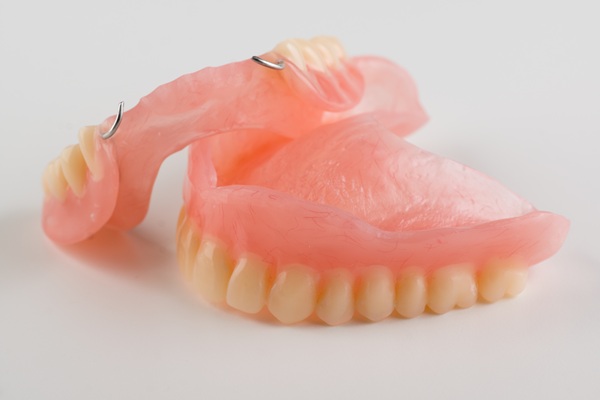White Spots on Your Teeth After Braces May Be An Early Sign of Enamel Loss

Tooth enamel is one of the strongest substances in the human body. But that does not mean it is not prone to decay. Your teeth, especially after braces, are constantly subjected to constant destructive substances like the sugar and acids found in our foods. In addition, the risk of damage and injury to our teeth enamel can strike anyone. If you have recently gotten your braces removed and have noticed white spots along your gums, it may be an early sign of enamel loss.
What is tooth enamel
Tooth enamel is the hard, outer substance of our tooth that protects the inner, more sensitive part. If the enamel is constantly exposed to destructive bacteria bred from sugars and starches, the substances begin to break down the enamel when they stay in contact for too long. Early signs of enamel loss can appear in a variety of ways. These include discoloration, sensitivity and a chipped tooth. When someone has braces, white spots are a sign that enamel loss may be at hand.
White spots
These white spots that normally appear around or under the braces can affect the appearance of your teeth for decades to come. These spots can be easily identified due to being lighter than the rest of your teeth enamel. They also may even have a completely different texture from the surrounding teeth. In reality, these white spots are the locations where the minerals in your teeth have been worn down or removed in a process known as demineralization or decalcification. The buildup of plaque from your time with braces may have caused your enamel to weaken and deteriorate. If left untreated, the white spots can actually turn into cavities.
Lost minerals
In most cases, the white spots that appear after taking off your braces are the lost minerals from your enamel. When you replace these minerals, you return the cosmetic appeal of your tooth and improve its health as well. Fluoride is a common mineral found in some kinds of toothpaste that has long been recommended to help build tooth enamel. There are even some remineralizing kinds of toothpaste that contain both fluoride and nanohydroxyapatite which can give you the building blocks your body needs to help repair enamel loss.
PH cycles
Your mouth has its own natural pH cycle. When you have braces, it may be hard for your mouth to properly maintain this cycle. When treating white spots, it is important to keep pH levels high where minerals can redeposit themselves on tooth enamel. Remember to not snack between meals and restrict beverages to plain water to keep these levels high. You can also use oral care products specifically formulated to support healthy oral pH levels.
Oral hygiene
A simple way to help minimize the appearance of these white spots is to practice good oral hygiene. Brushing your teeth three times a day and flossing daily can help normalize the appearance of your white teeth and camouflage white spots. This is also a great way to remove any bacteria that can get in the way of the demineralized areas and cause more damage or strain to the enamel. At the end of the day, white spots can hinder anyone’s self-confidence and appearance. Make sure you are taking the correct steps towards fighting enamel loss and decay as soon as possible!
Request an appointment here: https://www.esdmke.com or call Eastside Dental at (414) 888-4000 for an appointment in our Milwaukee office.
Check out what others are saying about our services on Yelp: Read our Yelp reviews.


